Influenced by Socrates’ sense of irony, the Danish philosopher Søren Kierkegaard (1813-55) came to believe that a state of doubt – disorienting and horrifying as it could sometimes be – was the cornerstone of a sound philosophical practice. This scepticism of objective truth and ardent belief in thinking for oneself is omnipresent in his pseudonymous works, in which his assumed names sometimes even spar with one another. While amusing, the peculiar literary device also undercuts any sense that the works were written by a voice of authority. In this video from the London Review of Books, the British philosopher and historian Jonathan Rée traces the theme of doubt in Kierkegaard’s life and work using his unfinished, posthumously published novel Johannes Climacus: Or a Life of Doubt as a starting point.
Want to think for yourself? Start with an agonising state of doubt, says Kierkegaard
Video by the London Review of Books
Producer: Anthony Wilks

videoHistory of ideas
Cynicism was born when Diogenes rejected materialism and manners
5 minutes

videoPhilosophy of mind
‘Am I not at least something?’ A surreal dive into Descartes’s Meditations
3 minutes
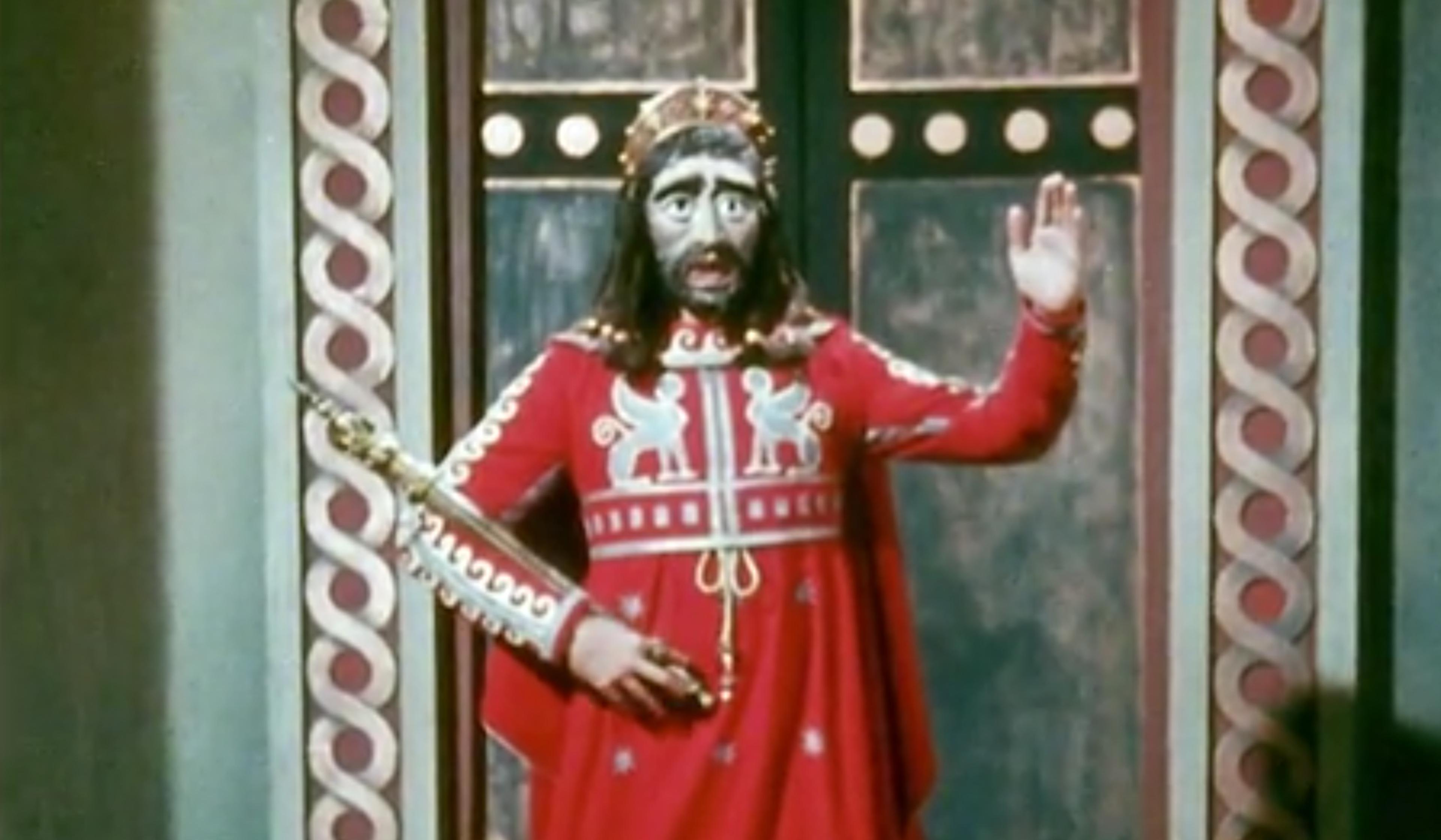
videoThinkers and theories
‘My art is oratory, Socrates.’ An ancient warning on the power and peril of rhetoric
4 minutes

videoPhilosophy of religion
What Zen Buddhist riddles reveal about knowledge and the unknowable
5 minutes
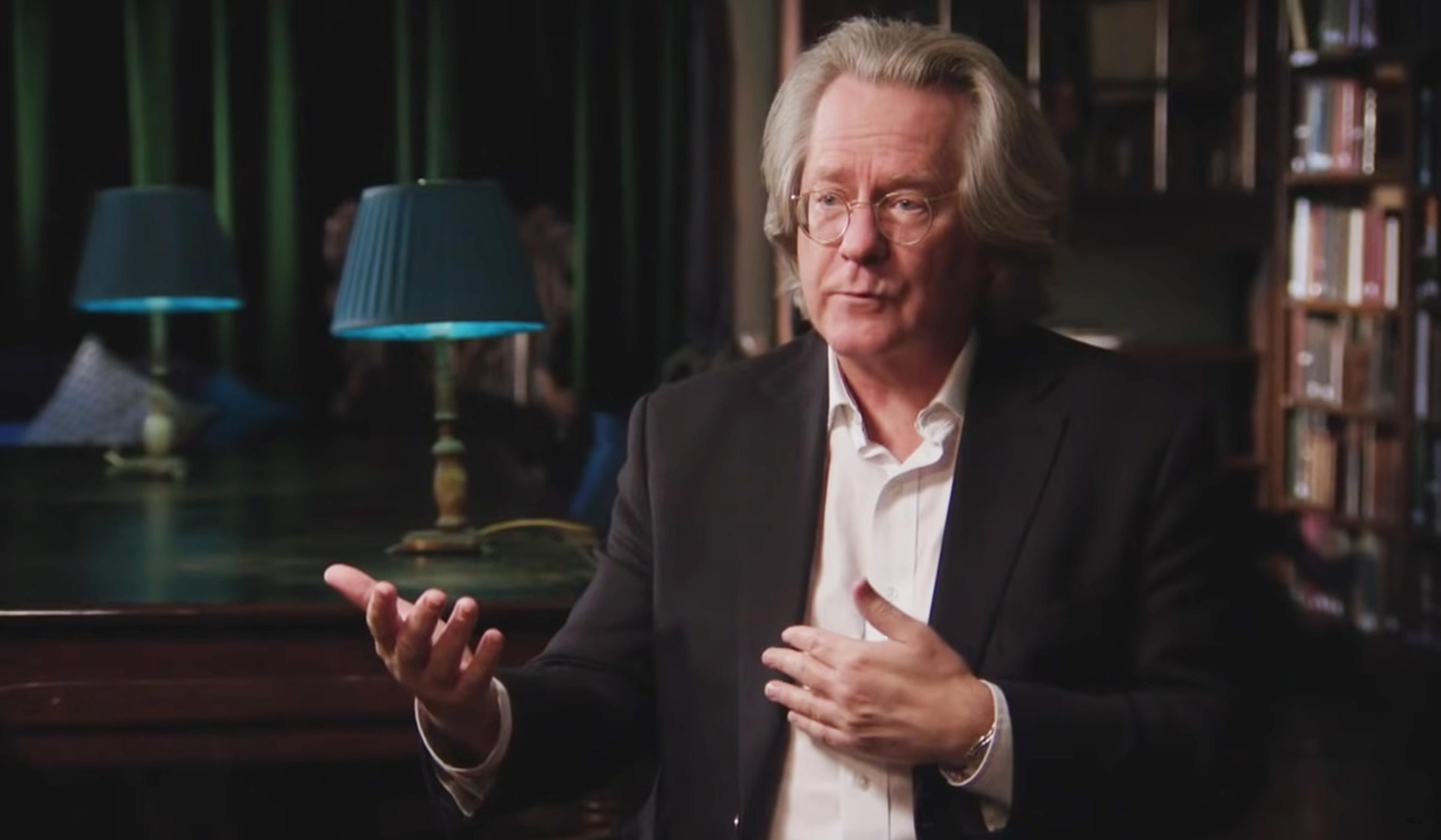
videoMetaphysics
Is the question ‘Why is there something instead of nothing?’ even worth asking?
9 minutes
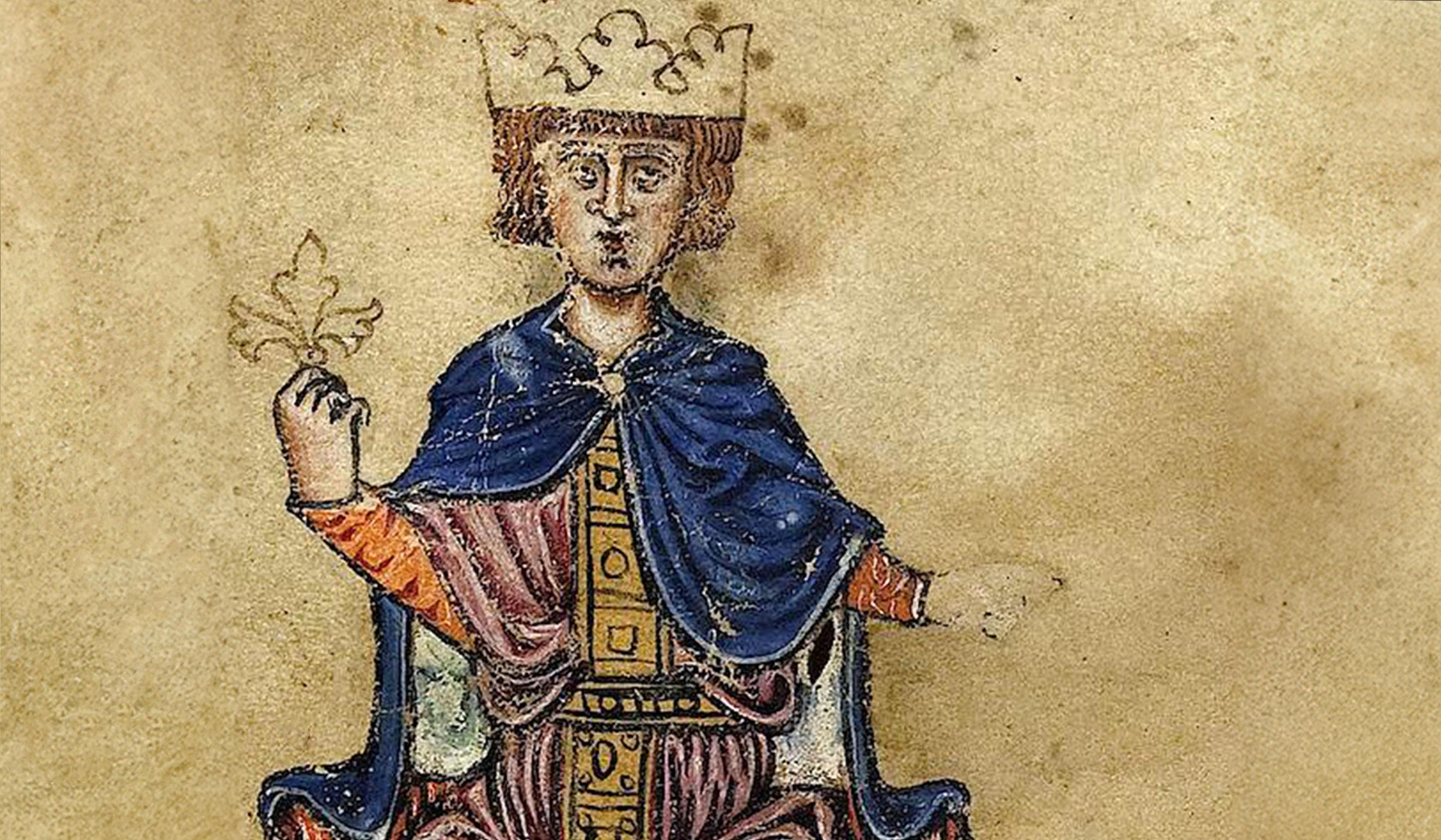
videoReligion
Hear from blasphemes, sceptics and free-thinkers in this ‘tour of medieval unbelief’
52 minutes
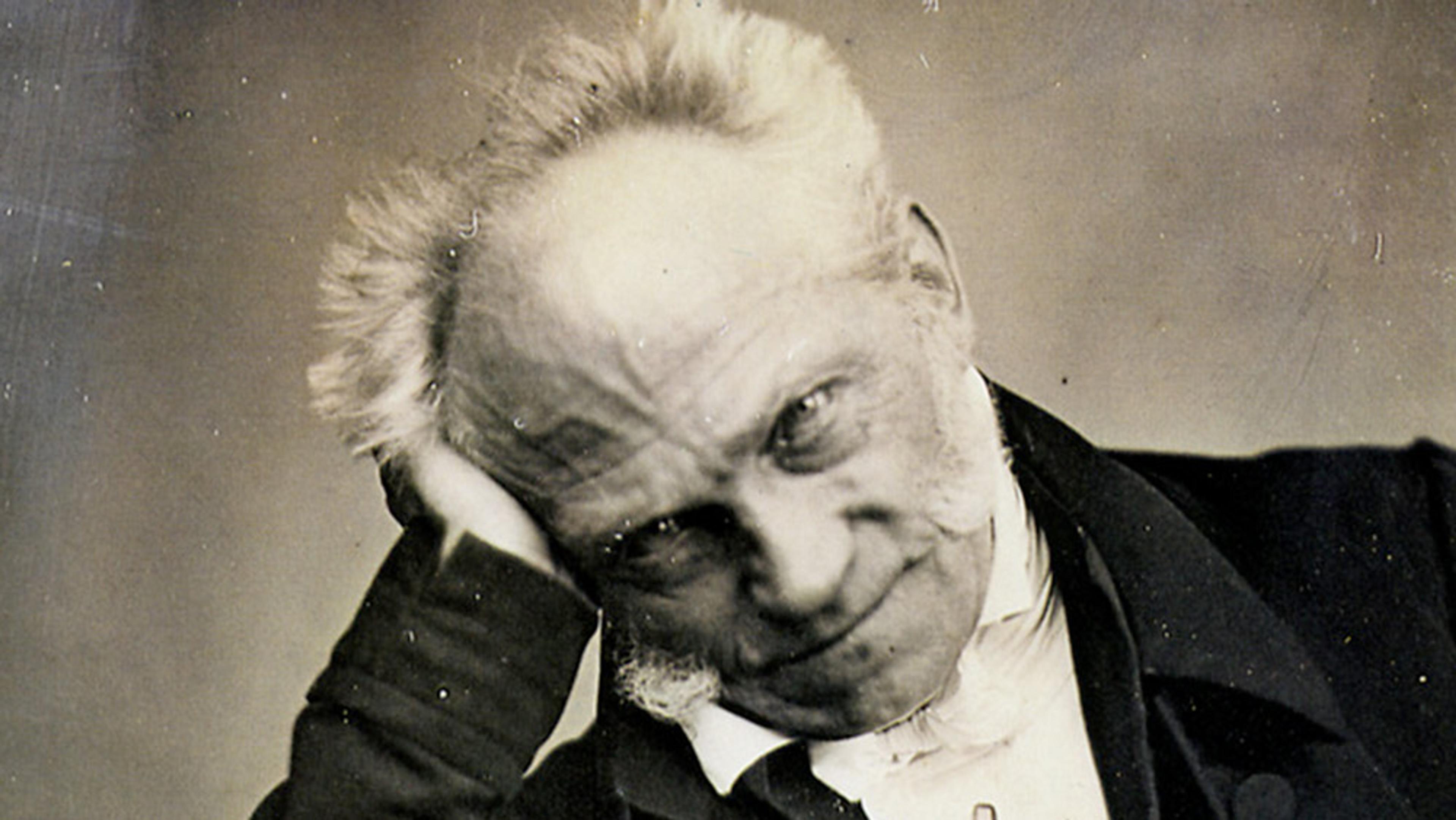
videoThinkers and theories
The intellectual legacy of philosophy’s greatest pessimist: life is suffering, art is supreme
44 minutes

videoHistory of ideas
Socrates believed self-knowledge was essential. Today, we wonder if there’s even a self to know
2 minutes
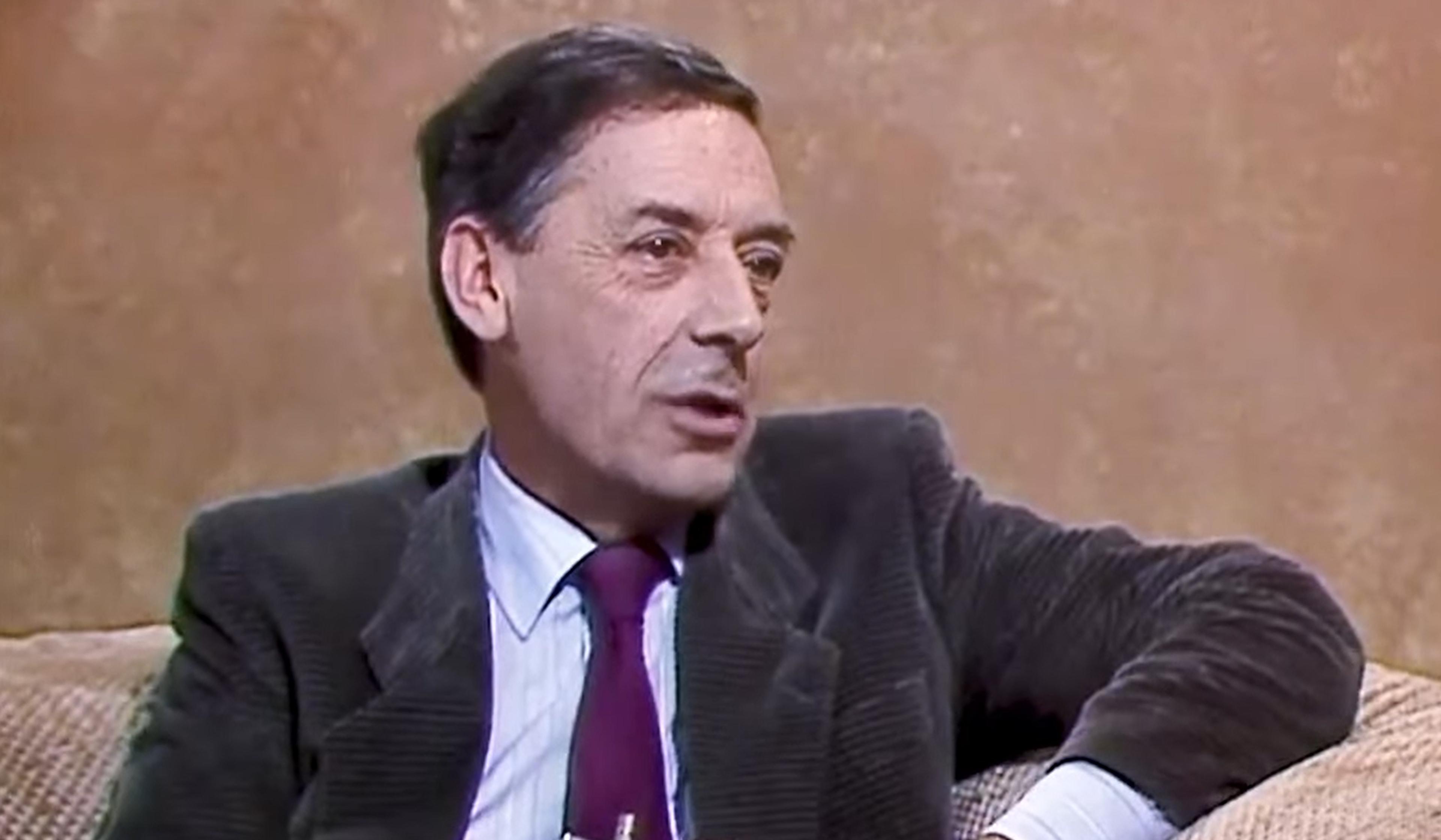
videoThinkers and theories
Bernard Williams on Descartes’s audacious endeavour to prove knowledge is possible
43 minutes